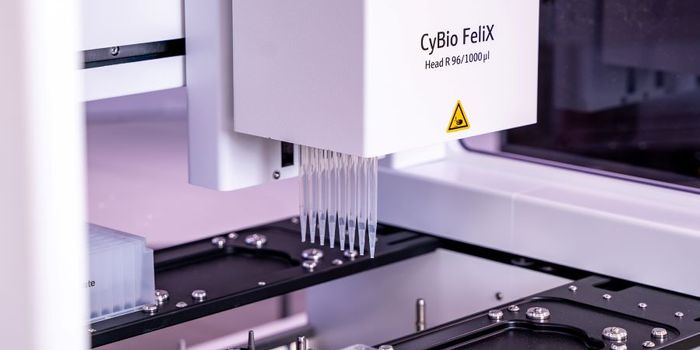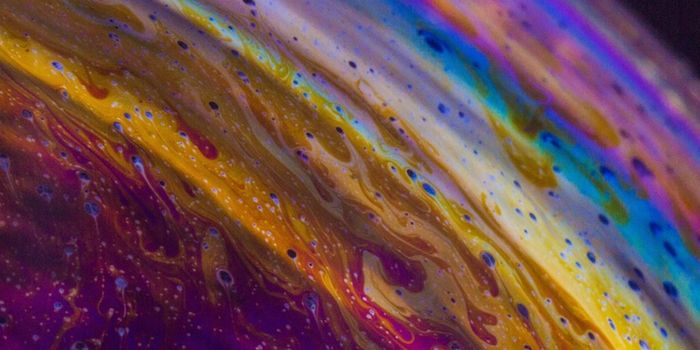Advances in Our Understanding of Huntington's Disease
Huntington’s disease (HD) is a fatal neurodegenerative disease caused by an expanded sequence in the huntingtin gene. The disease was identified in 1872 and in 1983, Huntingtin was the first human disease-linked gene that was mapped to a chromosome. A genetic test can tell people whether they will get the disease; any child of an HD patient has a 50 percent chance of inheriting it.
Scientists have known for years that the levels of an immune molecule, interleukin-6 (IL-6), are abnormally high in HD patients, and it has been proposed that lowering the levels of this molecule could have a therapeutic effect. Reporting in Molecular Degeneration, scientists at MIT created a mouse model of Huntington's disease without IL-6. But the researchers found that these mice had even worse symptoms of the disease.
"If one looks back in the literature of the Huntington's disease field many people have postulated that reductions to IL-6 would be therapeutic in HD," said the senior study author Myriam Heiman, an associate professor at MIT's Department of Brain and Cognitive Sciences.
The scientists assessed gene expression in the regions of the brain that are significantly impacted by HD. In the mice that lacked IL-6, there was a reduction in genes that are involved in synapses. "Perhaps this worsening of the phenotype is due to perturbation of those synaptic signaling pathways," said Heiman.
In another study published in The Lancet Neurology, scientists at University College London (UCL) have identified changes in the brain that happen 24 years before the onset of HD. While there are no cures for HD, it may be possible to treat the disease if the treatment can begin before any brain damage occurs.
"Ultimately, our goal is to deliver the right drug at the right time to effectively treat this disease - ideally we would like to delay or prevent neurodegeneration while function is still intact, giving gene carriers many more years of life without impairment," said the lead author of the Lancet Neurology study, Professor Sarah Tabrizi of the UCL Huntington's Disease Centre. "As the field makes great strides with the drug development, these findings provide vital new insights informing the best time to initiate treatments in the future, and represent a significant advance in our understanding of early Huntington's."
Tabrizi and an international team of collaborators carefully assessed data from carriers of the Huntingtin mutation at a younger age than previous studies. There were 64 carriers and 67 healthy controls, and the researchers looked at brain scans, behavioral tests, and levels of proteins in spinal fluid. On average, the data was from 24 years before the onset of disease, and there weren't any detectable differences in cognition, movement, or brain structure.
However, in 47 percent of mutation carriers, there was a slight increase in the level of a protein called neurofilament light (NfL) in the spinal fluid. This protein can be a sign of nerve damage. When trajectories were modeled, the Nfl levels correlated with the predicted time of disease onset.
"We have found what could be the earliest Huntington's-related changes, in a measure which could be used to monitor and gauge [the] effectiveness of future treatments in gene carriers without symptoms," said the co-first Lancet Neurology study author, Dr. Paul Zeun of the Huntington's Disease Research Centre at UCL.
The co-first Lancet Neurology study author, Dr. Rachael Scahill of the UCL Huntington's Disease Research Centre added: "Other studies have found that subtle cognitive, motor and neuropsychiatric impairments can appear 10-15 years before disease onset. We suspect that initiating treatment even earlier, just before any changes begin in the brain, could be ideal, but there may be a complex trade-off between the benefits of slowing the disease at that point and any negative effects of long-term treatment."
Tabrizi is also part of a phase 3 clinical trial that is testing the efficacy of an HD treatment that lowers the levels of the abnormal huntingtin protein.
Sources: AAAS/Eurekalert!, Picower Institute at MIT, University College London, Molecular Neurodegeneration, The Lancet Neurology








